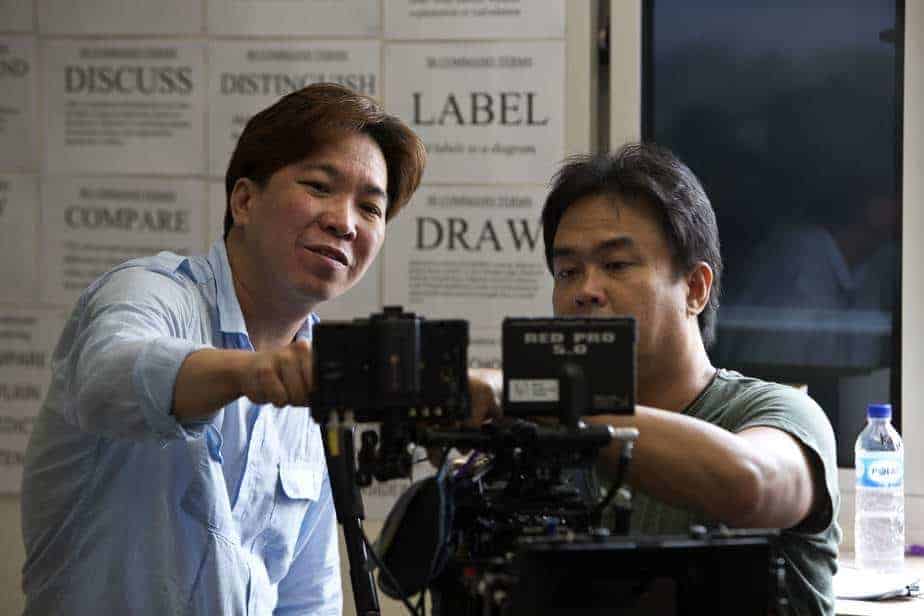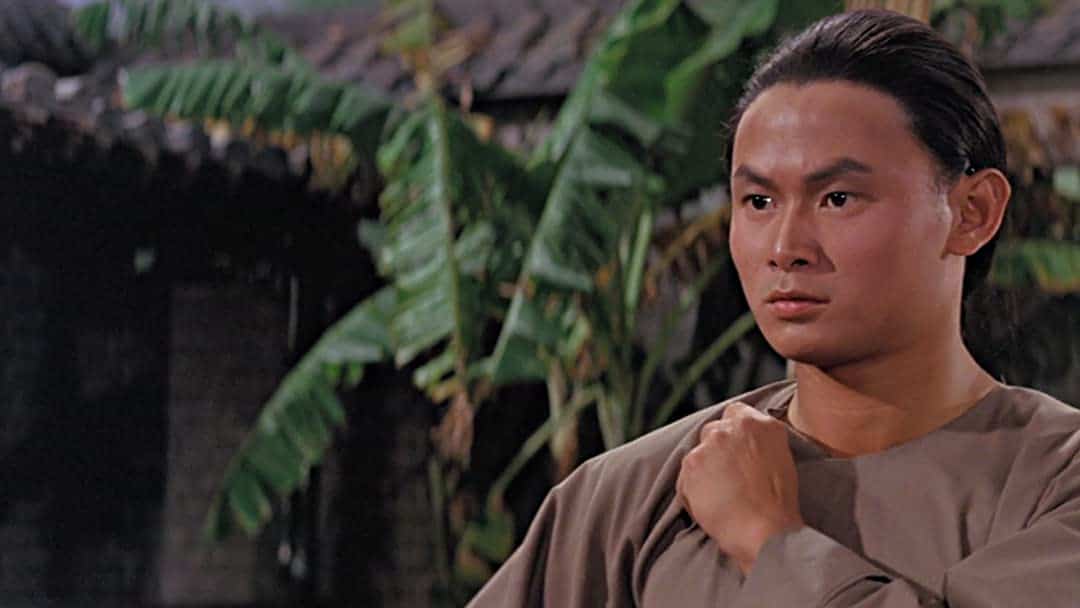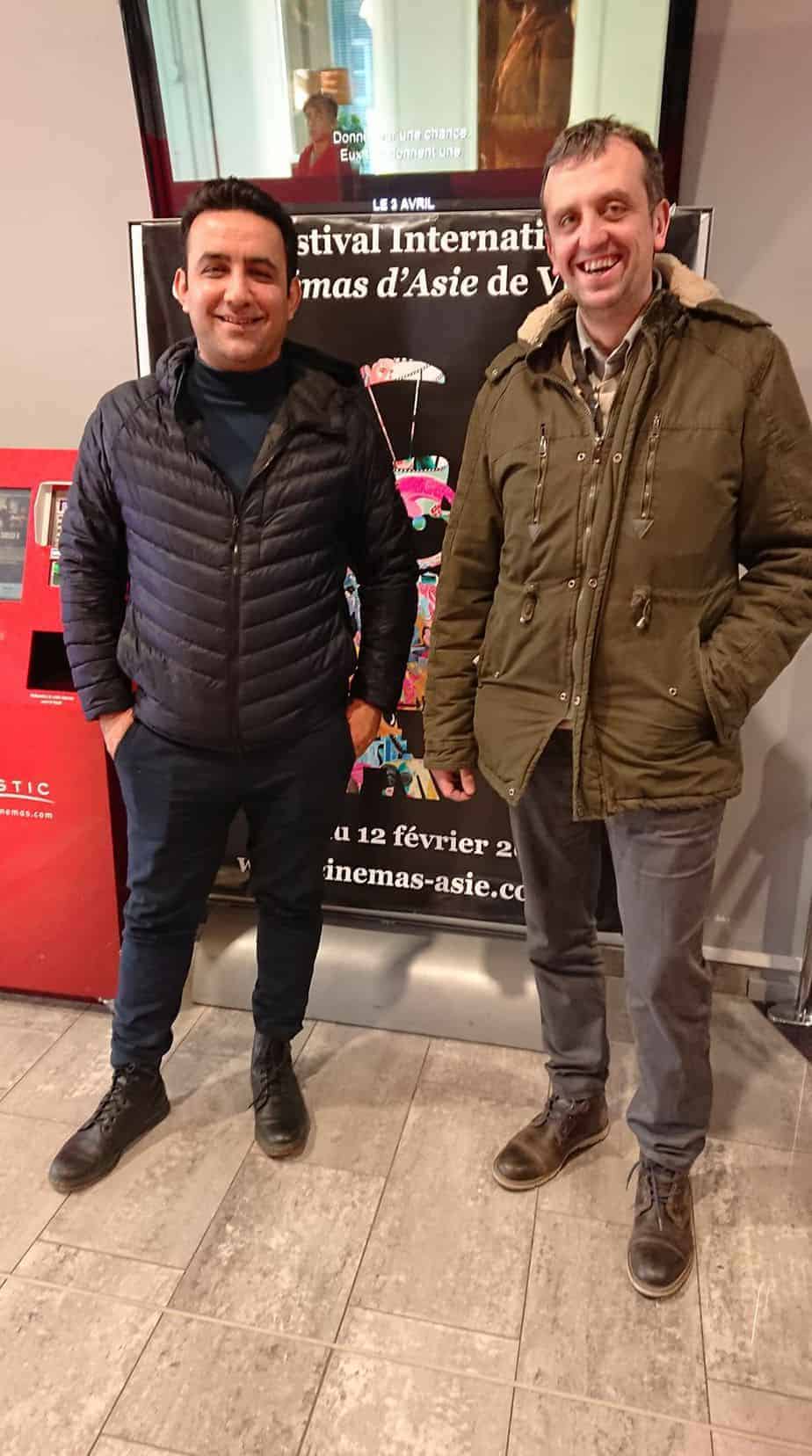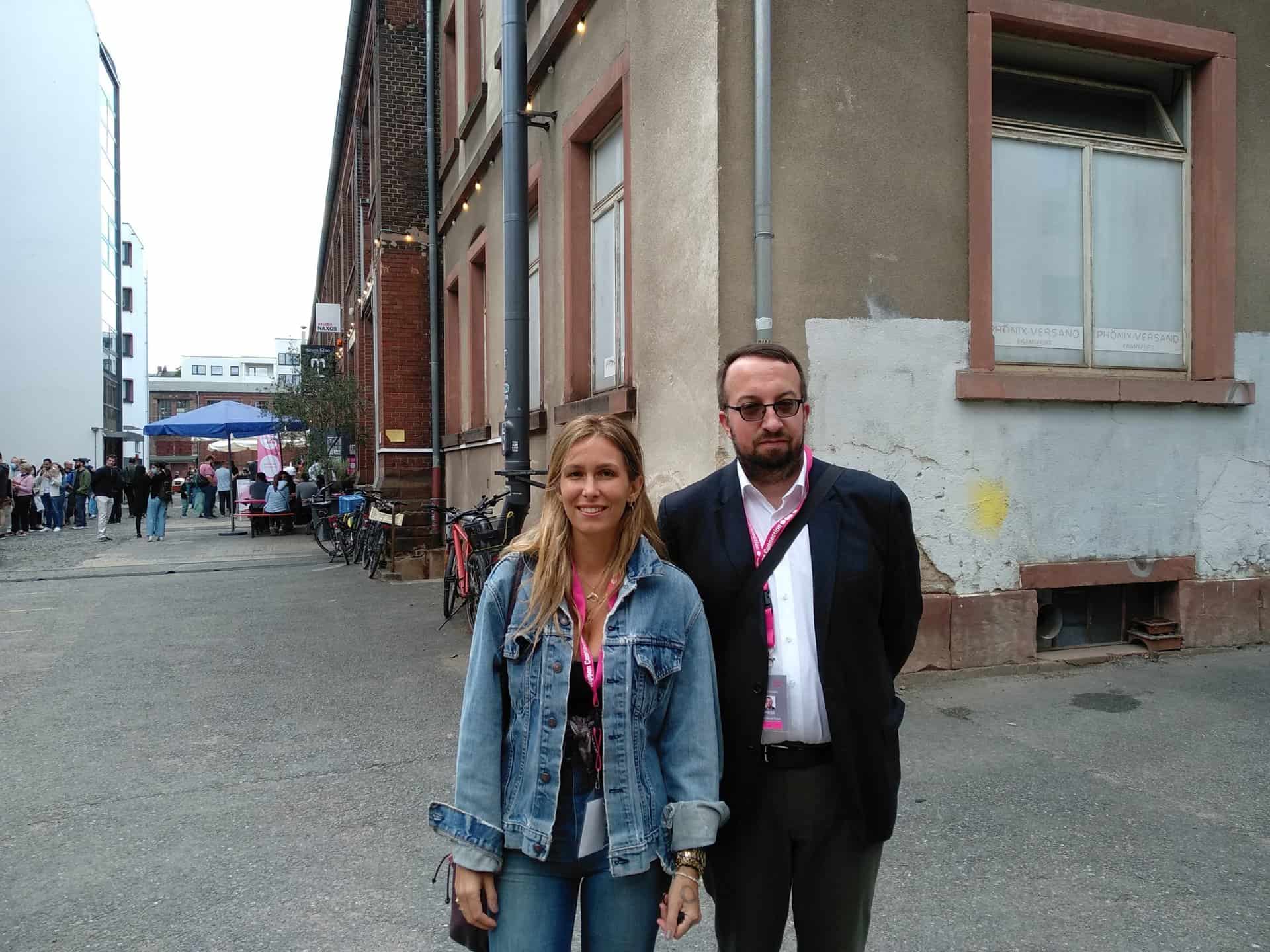Gilbert Chan is a multiple award-winning writer/director/trainer residing in Singapore. His writing accolades include the top prize in the Singapore Screenplay Awards in 2001 and the merit award at the prestigious MDA Scriptwriting Competition in 2002. He also won the UTV International Award for the short film “A Cantonese Crime Story”. In addition, he won the Script Development Grant from the Singapore Film Commission for his movie treatment “Little Genius” and “The Girl Next Door”. “2359”, which he wrote and directed, was a box office and critical success, earning more than SGD$1.5million in Singapore. The movie has been touted as “creepy and unnerving” (The New Paper) and “one of the scarier local film productions” (F*** magazine). 2359 is sold to Magnolia Pictures, who distributed the movie in the United States. Gilbert is also an accomplished media/arts trainer, having worked with many schools and institutions on various arts development programs. He has won numerous awards at the Singapore Youth Festivals (Drama) and the School Video Awards with various schools and institutions including the prestigious platinum award for drama at the 2006 Video Awards. In addition, he has also directed many television commercials and corporate projects for multi-national corporations like Sony, Capitaland, Keppel, McDonald's and Woh Hup.
Recently, and after news about thousands of immigrant workers in Singapore contracting the Coronavirus (accounting from close to 80% of the overall infections), particularly because they have been living in extremely crowded dormitories, a short he shot in 2018 “Him”, has become viral. On this occasion, we speak with him about the situation of immigrants in the country and the film itself.
What was the inspiration behind “Him”?
It was really just an article in the newspapers. https://www.straitstimes.com/singapore/man-who-took-photo-of-foreign-worker-squatting-while-eating-lunch-calls-for-more-awareness
It was about an Indian construction worker who was squatting near a bus stop and eating his lunch. When a passer-by asked him to sit at the bus stop so he can eat comfortably, the construction worker replied that his pants was very dirty and he didn't want to dirty the bus stop seats. I was really blown away by his answer. He was probably tired, hot and hungry, but the thing that was on his mind was how to keep the bus stop seat clean. In a way he was thinking about Singapore more than his own personal comfort.
What kind of research did you do for the film and how close to reality is what it is being shown?
After reading that article, I went online to research more and spoke to a few people who were doing social work with regards to the migrant workers. And I found out that a number of them are treated pretty poorly and their living conditions were terrible. Every scene in the film was based on actual research. But I have to emphasize that this is not a reflection of all the migrant workers and dormitory conditions in Singapore. In fact, most of the migrant workers' living conditions are pretty good and most of the dorms are well-run. But obviously there are some companies that are doing a terrible job and there is a social need to expose them.

How exactly does this thing work with the immigrant workers in the country? Are they legally in Singapore? How do they come to the country?
I am probably not the best person to answer this question but I would assume that they come here to work legally. What I know is that they usually go through agents.
Why do you think these people endure these situations? I understand the fact that they are very poor and need to support their families back home but has there ever been any kind of collective or individual reaction?
I think this boils down to simply a means to provide for their families. Many of these workers are educated and some of them are even degree holders. But they are unable to find work in their country or their pay is low back in their country. So they are willing to leave their families and work here in order to provide for their families. It's very self-sacrificial.
How would you describe the situation of the immigrant workers in Singapore now? Was what happened with the spread of Corona Virus inevitable? What do you think the government could have done differently?
Again, I am not the best person to answer this question but based on what I have seen and after talking to more migrant workers, most of their conditions have improved and their living conditions are pretty decent. On whether the situation with the Coronavirus is inevitable, I can only say hind sight is always 20-20. What I know is that our government is one of the first to take decisive action when the outbreak occurred. It's really unfortunate that the cases have spiked drastically for the migrant workers. Could we have done more and earlier? Maybe. But we must always remember that this virus is unprecedented. It spreads even without any symptoms. That makes it one of the most difficult to contain. So I think we shouldn't be looking back but really planning and moving ahead and hopefully, life will get back to normal soon! I miss hanging out with my friends!
Do you think that now that these particular news have reached an international level, something will change?
Yes, I really believe so. There is a big focus on the migrant workers now and I think that's also one of the reasons why the film is getting viral at this time, even though it was made many years ago. We need to continue the conversation on how we can treat them better, and accepting them as one of us.
The ending of the dialogue between father and son, when the kid states that he wants to be just like his father, is the most tragic moment in the film. How did you come up with this idea?
The whole idea of this film is a father trying to reassure his family and in particular his son that life is well here, despite the contrary being the truth. I felt it needed that twist at the end to create that impact. In fact, I also shot an alternate ending with the Singapore boy on the bus going up to him and offering him a tissue, to symbolize that there are Singaporeans that accept and sympathize with him and he is not alone. But in the editing room, it didn't work, and I felt ending with him in tears staring out of the bus window is the most appropriate ending.

The father's performance is impressive. Can you give us some more details about his casting and the way you cooperated with him?
I think clearly finding the right person to play this role was going to be the most difficult part. I have looked at probably more than 50 people, but wasn't able to find an appropriate one. When I saw Bala for the first time, I immediately knew he was right for the role. He had a quiet, pensive look about him and was very unassuming. But I was most concerned if he was able to pull off the last scene. He himself had doubts.
But when we shot that scene, he basically did it in one take. I wanted the scene to take place in the tunnel so the cinematography actually changes to something much darker. I was prepared to go many rounds around the tunnel, but he nailed it on the first take. Absolutely brilliant acting!
How would you describe the state of the Singapore movie industry at the moment?
I would use the term challenging. A lot of the crew in Singapore are freelancers and dependent on projects to earn money. It's a tough time. But there are many talented filmmakers and crew in Singapore and I believe that we just need to continue creating good content that resonates, once this situation blows over. Cinema will not be the only place where we can showcase our talents. Increasingly, online platforms like Netflix and HBO will be good platforms for us to showcase our content.
Are you working on any new projects?
Yes, always in discussion but nothing concrete yet! But I aim to do a bit more writing and development during this stay at home situation. Really want to get back to film making soon!















